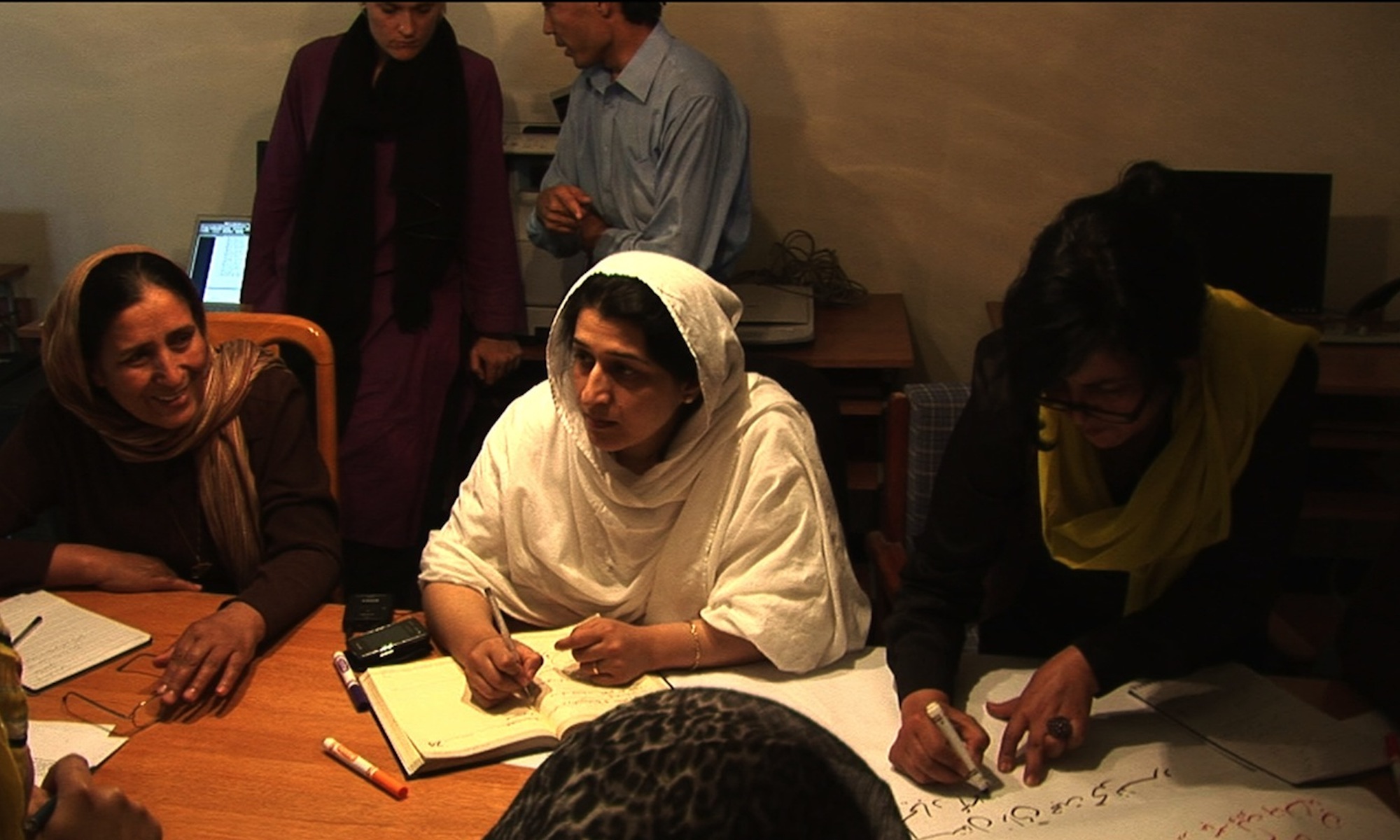A significant number of countries worldwide are described as entering a phase of `post’-conflict transition. Drawing on the experience of the health sector, this paper argues that the nature of the rehabilitation task is often misunderstood. In particular, it is often equated with reconstruction of war-damaged infrastructure and assets. Such an approach derives from a misconception of the origins and nature of contemporary warfare. It also serves to reinforce a linear approach to the transition from relief to development. This paper attempts to redefine the rehabilitation task in situations of `post’-conflict transition, drawing on examples from Cambodia, Ethiopia and Uganda. It argues that the direct effects of military action on the social sector are less significant than the indirect effects of political, economic and social changes which both underlie and are precipitated by conflict. Therefore, rehabilitation needs to go beyond reconstruction and tackle the root causes of instability. Such a reinterpretation of the rehabilitation task raises a number of dilemmas, particularly for international actors concerned to contribute to a sustainable peace. These dilemmas are rooted in both the uncertainty about the legitimacy of incoming governments in transitional situations, and in the organisation of the aid system itself. The paper concludes that confronting these dilemmas implies a fundamental change in the orientation and delivery of aid in `post’-conflict situations.

INSCT Postconflict Research Database
The Institute for National Security and Counterterrorism's Postconflict Research Database & Analysis Project stores cross-indexed bibliographic information on hundreds of journal articles, books, book chapters, and case reports that address the broad, interdisciplinary fields of postconflict reconstruction, stabilization, and peacebuilding.
38 Replies to “”
Comments are closed.